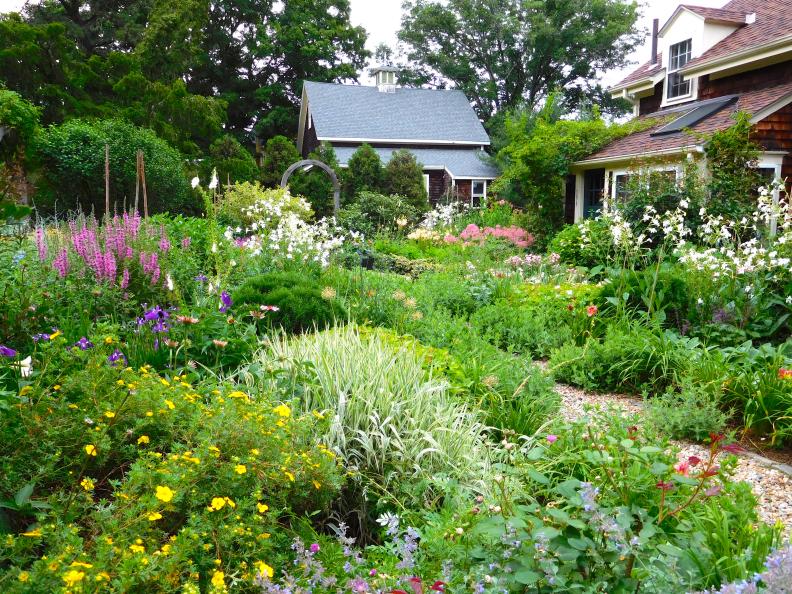1 / 11
Photo: Andrew Grossman.
From:
Andrew Grossman.
Let's Talk Compost
Everyone seems to be talking about composting, but why? At first glance, it may seem like any other garden hack, but it’s so much more. Composting is a fun way to get a beautiful, healthy garden, while also doing your part to save the planet.









